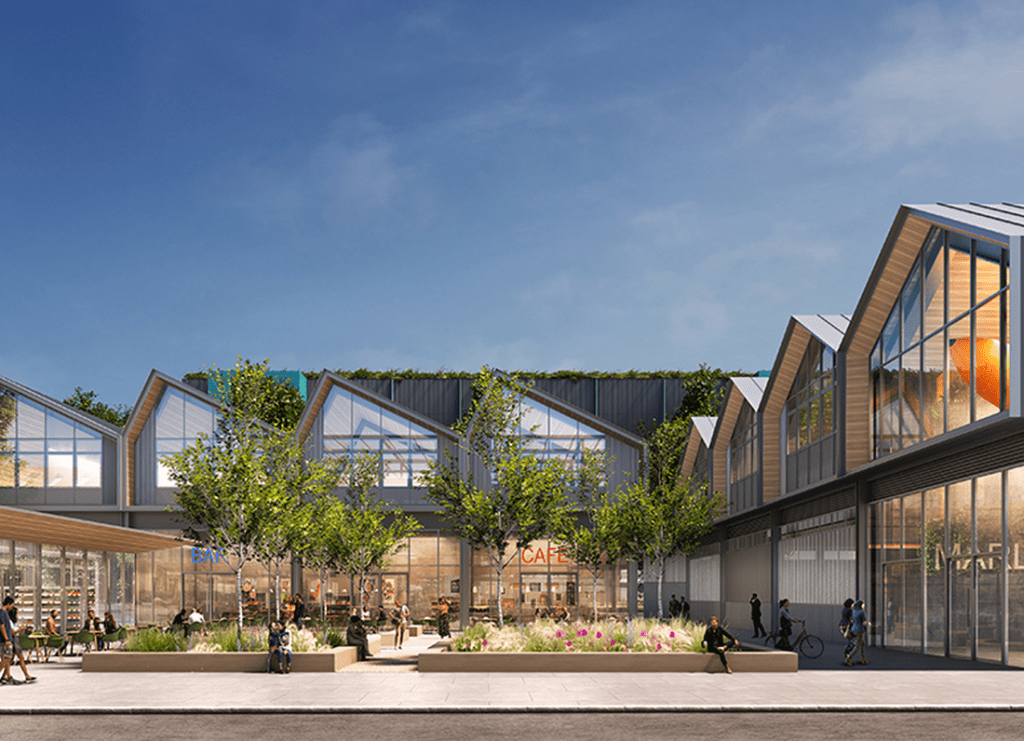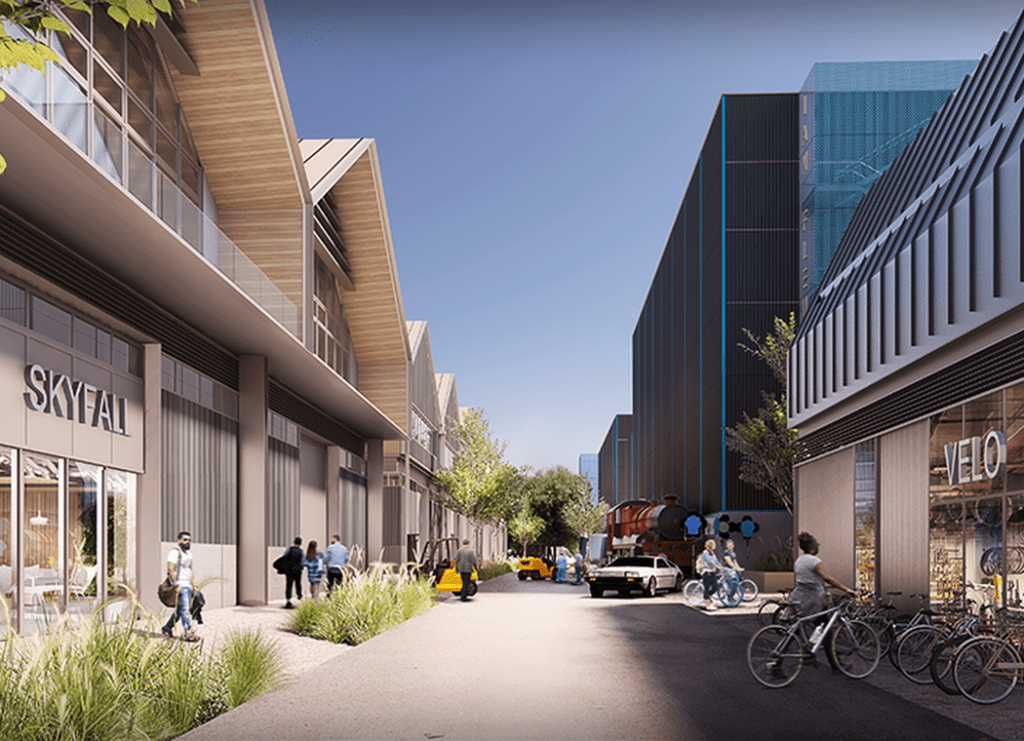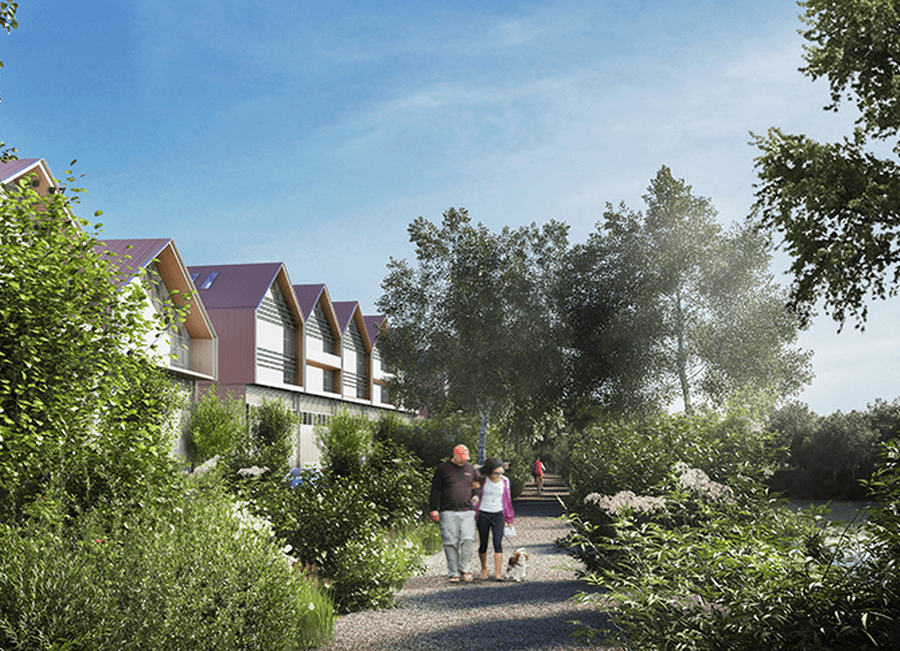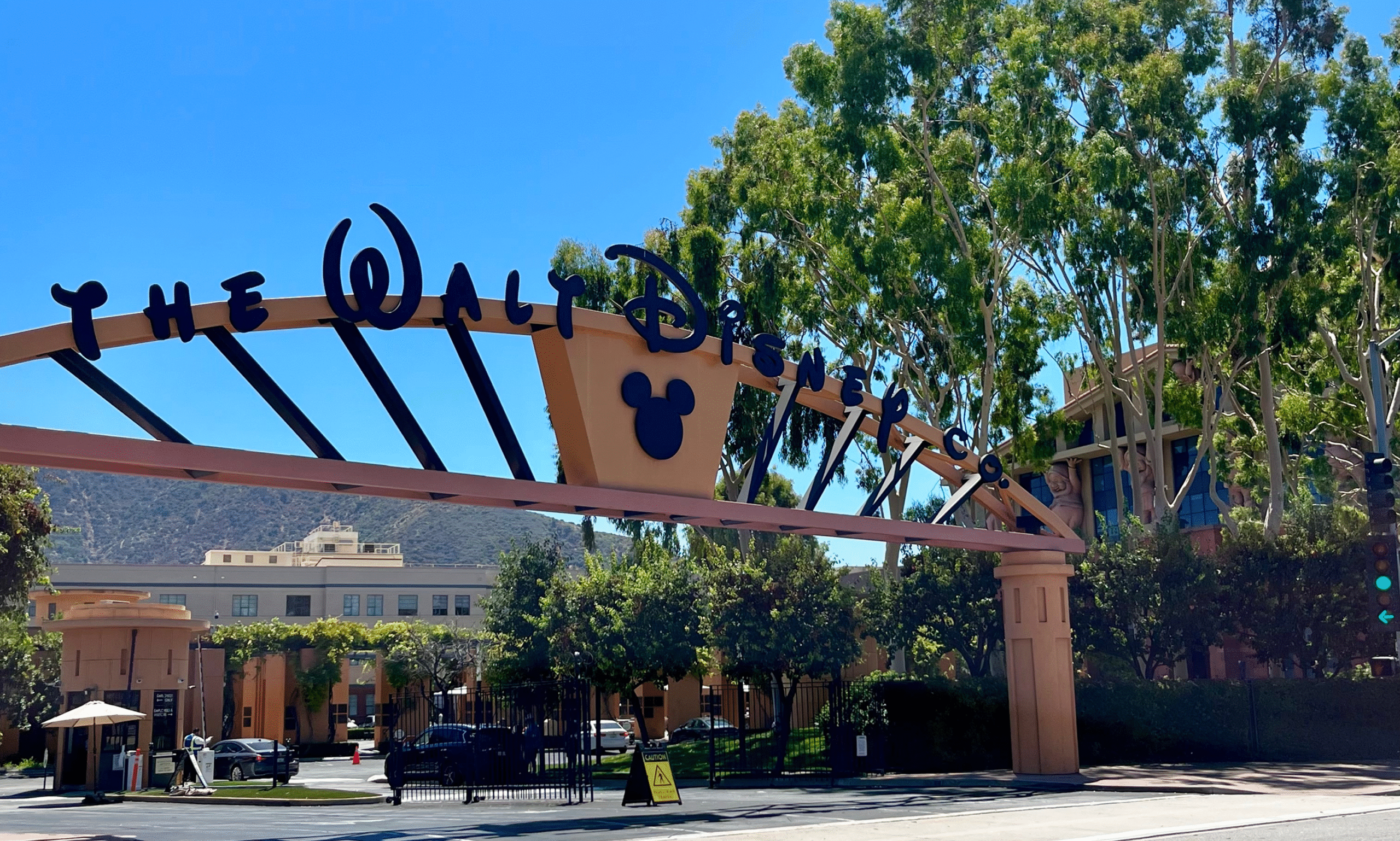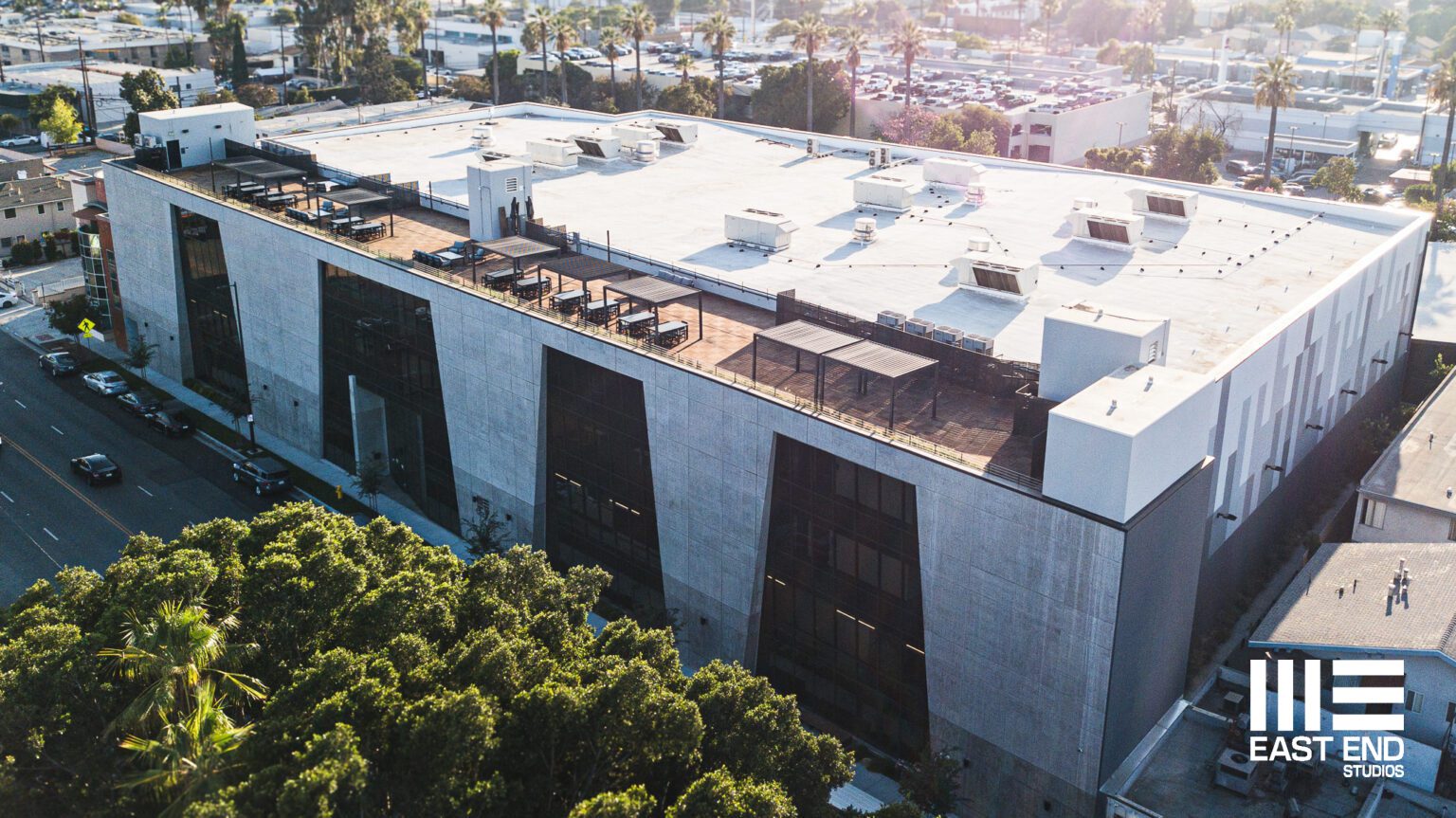Marlow Film Studios is at the center of a debate that could redefine how Britain approaches urban development, creative industries, and economic growth. With Prime Minister Keir Starmer’s pledge to overhaul restrictive planning laws, the project to construct 470,000 square feet of soundstages in Little Marlow could become a pivotal case for the country’s future in filmmaking and development.
The proposed studio, backed by film heavyweights like James Cameron and Sam Mendes, promises to create around 2,000 jobs and position the UK as a global leader in film and TV production. However, its location on greenbelt land—a protected designation meant to curb urban sprawl—has sparked resistance from local residents and councils.
The UK government, citing the critical role of the creative industries in driving growth, has intervened in the planning appeal process, signaling a strong endorsement of the studio’s potential impact. “Much-needed economic growth will be front of mind,” said Culture Minister Lisa Nandy, underscoring the government’s focus on leveraging projects like Marlow Film Studios to strengthen the UK’s film infrastructure.
A Bold Vision for UK Filmmaking
Marlow Film Studios seeks to join an elite cluster of world-renowned facilities in the UK, including Warner Bros. Studios in Leavesden and Pinewood Studios, home to blockbuster franchises like Barbie and James Bond. With £4.2 billion ($5.3 billion) spent on film and high-end TV production in the UK in 2023, the sector’s economic influence is undeniable, with 78% of that figure stemming from international investments or co-productions.
The British Film Institute (BFI) and British Film Commission (BFC) have been integral in doubling the nation’s soundstage capacity to 6 million square feet since 2020—a figure now rivaling Los Angeles. Projects like Marlow Film Studios and others proposed in Holyport and Elstree reflect the UK’s ambition to remain a global hub for premium productions.
“Marlow Film Studios represents an opportunity to showcase British talent and infrastructure on a global stage,” said Robert Laycock, CEO of Marlow Film Studios. “The film industry is one of the few sectors where the UK can truly outshine competitors, and if we don’t seize this moment, others will.”
Navigating Local Resistance and Redefining Greenbelt Policy
The project’s location on greenbelt land has been a flashpoint. While Marlow Film Studios argues that the site should now be classified as “grey belt”—land suitable for development—local campaigners insist the area’s natural beauty and wildlife should be preserved.
The government’s support for creative industries aligns with its broader agenda to ease planning restrictions, with proposals to redefine certain greenbelt areas into “grey belt” zones. Deputy Prime Minister Angela Rayner noted that much of the greenbelt is underutilized land and could be repurposed for projects that drive economic growth.
Critics of the project, such as the Save Marlow’s Greenbelt campaign, argue that the UK risks overbuilding production space, especially in light of industry slowdowns caused by the recent U.S. writers’ strike. However, BFC Chief Executive Adrian Wootton remains optimistic, stating, “The demand for UK-based productions remains very strong, and the sector is key to driving economic growth.”
A Catalyst for UK Growth
Marlow Film Studios is more than just a development project; it’s a litmus test for the UK’s ability to balance local interests with national economic ambitions. With the government poised to make a final determination next year, this project represents a broader shift in how Britain navigates its greenbelt policies and supports high-growth sectors like film and TV production.
The studio’s approval would reinforce the UK’s position as a premier destination for international productions, showcasing its ability to adapt to industry demands while preserving its reputation for creativity and quality.
The Road Ahead
As the UK gears up for a new industrial strategy that prioritizes creative industries, projects like Marlow Film Studios could define the future of British filmmaking. Whether it’s seen as an economic engine or an overreach into protected land, the decision on Marlow will set a precedent for balancing innovation with preservation.
For now, the spotlight remains firmly on Little Marlow, where the outcome of this proposal could have far-reaching implications for the UK’s production landscape and its broader economic ambitions.
Renderings of the proposed Marlowe Film Studios

